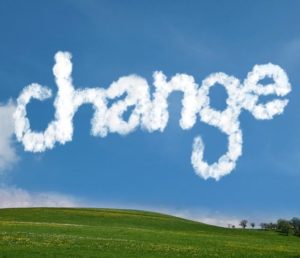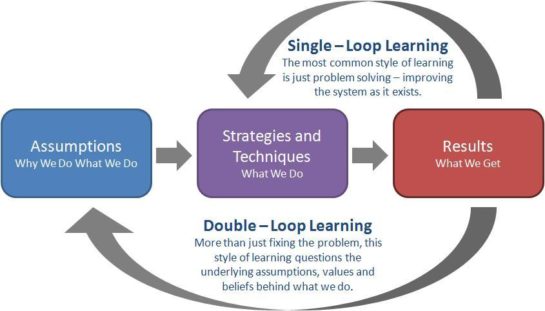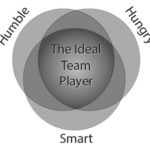
Chris Argyris (1923-2013) was a Professor Emeritus at Harvard Business School. His work on action learning research is known and recognised throughout the world. In this blog we will open up the models he developed with Donald Schön of single-loop and double-loop learning, and how these translate into organisational learning and action.
Single and double loop learning
People do not always perceive change within organisations as something positive and do not always see the point and so they are resistant when they have to deviate from old habits. According to Chris Argyris and Donald Schön single and double loop learning is therefore required so that the organisation and its people will improve their understanding of the cause of problems and the effective way of solving them. People have an interest in organisational learning and should be given the opportunity to participate in the action learning process.
Argyris and Schön argue that there is a gap between what people say they do (espoused theory) and what they do (theory in use). The concept of single loop learning and double loop learning is useful for understanding human behaviour when a situation changes. In single and double loop learning people are notified of changes through memos, directives and the popular “we are just adjusting the vision” which are issued by leadership. Unfortunately, this often leads to cynicism, de-motivation and defensiveness, which in turn lead to reduced cooperation.

· Single loop learning
Single-loop learning (illustrated above) is a process where people, groups or organisations modify their actions according to the difference between expected and reached outcomes. When something goes wrong or does not happen like we would like it to, most of us consider how the situation can be fixed as quickly as possible. We then adapt our behaviour and actions to mitigate and improve the situation accordingly.
The biggest problem with single-loop learning is that acting this way only removes the symptoms, while root causes still remain. That is not good because we will have new problems in the future. Instead of that we should examine and find out the root causes and also challenge our underlying beliefs and assumptions. By using only single-loop learning we end up making only small fixes and adjustments.
· Double loop learning
In double-loop learning we go more deeply and correct or change the underlying causes behind the problematic action. These can be organisational norms or values, the ways people work or individuals’ motives, assumptions or even informal and ingrained practices which prevent inquiry into these causes.
In double-loop learning (illustrated in figure above) we are forced to think about our actions in the framework of our assumptions. This is important because we need to start thinking and analysing our processes. We should ask ourselves “what is going on here?”, “what are the patterns?”, “what was in the mind of the leader and people that they adopted this procedure? and :what went well and what should be improved?”
Basically, double-loop learning requires three skills:
First, we need self-awareness to identify what is often unconscious or habitual. After that, we need honesty or candor to recognize mistakes and discuss with other people to find out and establish root-causes. Finally, we need to take responsibility for how we need to change our action or methods and how we can learn from the incident.
In summary, by using double-loop learning, we examine the underlying assumptions behind the actions and behaviour and learn from those mistakes and incorrect methods. By doing this, we are able to remove the root cause that makes us behave or act in a certain, poor or costly way.
Effective change
In single and double loop learning previous strategies, objectives, rules and procedures are considered for discussion and the opinions of the people involved are taken into account. Frameworks are abandoned and unconventional solutions are sought. To implement change effectively, an organisation could benefit more from single and double loop learning, in which the opinions and theories of all involved are seriously considered in the implementation of new concepts and processes. Besides the fact that people will be more respectful towards each other, they will also be more loyal and involved in the organisation.
Resources
Change Management: Skill Builder Booklet – Ministry Specific Resource (PDF)
Change Management Effectiveness Profile Facilitators Guide- Ministry Specific Resource (PDF)



Comment here